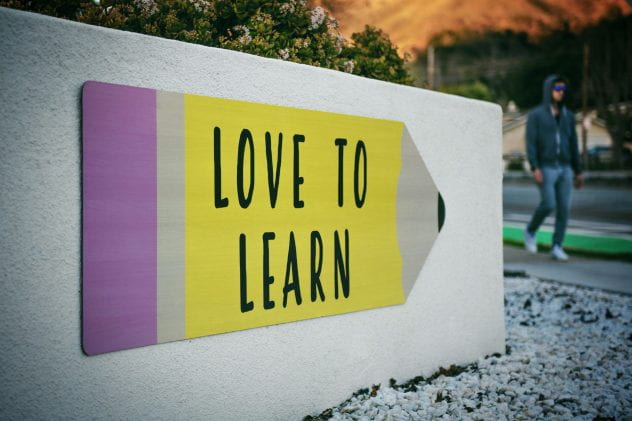With Lifelong Learning still firmly on the government’s agenda, Short Courses and Continuing Professional Development has become increasingly valued. But what happens if it’s been a while since you studied as an adult? What if the last time you were being taught you were still at school? What if you’ve never been taught how to study effectively?
Because it’s not just what you study, it’s how you manage your approach to study that maximises the educational impact. That’s where Study Skills come in. Read on for our top seven tips.
- Time Management

You can’t do everything all at once. Planning is essential. Make a timetable or use a digital calendar to block out specific parts of the day for studying each day or week.
- Set Goals
Work smarter not harder. Make sure you have clear, achievable goals for each study session and for your overall learning objectives. If you have exams coming up, or a dissertation, or an essay due, break the goal down into smaller, more manageable tasks. Regularly review and adjust these goals as needed.
- Note-Taking:
Effective note-taking is essential when listening to lectures or studying texts. Use short hand and abbreviations, summarise key points and organise your information logically. Highlighting key words can help to make your notes more useful when you revise.
- Critical Thinking:
The ability to analyse and evaluate information critically is a crucial party of studying well. Always ask questions, challenge assumptions, and seek evidence to support claims. Try applying critical thinking skills to real-world situations and academic tasks.
- Strategies for Effective Reading
When faced with multiple text books to read, the task can seem overwhelming. But if you can break down your reading assignments intop smaller sections and set specific goals, things become more manageable. Skimming texts initially to get an overview before reading in detail is also a very useful skill. When reading in more detail, highlight important passages, make notes, and summarise the main ideas in your note book.
- Utilise Resources:
Take advantage of all available resources in your place of study, such as textbooks, online courses, academic journals, and library resources. If you need support or want clarity on a particular subject, ask your tutors or seek advice from relevant online communities. Your university or college may have additional learning tools and technologies available so always find out what’s on offer.
- Keep things in Perspective
 Studying can become very time-consuming. Make sure you also get enough sleep, eat well and exercise. Meditation or mindfulness techniques can also be very beneficial. Take reguar breaks and allow yourself time to recharge to prevent burnout and maintain your overall well-being
Studying can become very time-consuming. Make sure you also get enough sleep, eat well and exercise. Meditation or mindfulness techniques can also be very beneficial. Take reguar breaks and allow yourself time to recharge to prevent burnout and maintain your overall well-being
By developing these study skills you will enhance your effectiveness as an adult learner and make the most of your continuing educational journey.
For anyone interested in our short courses, we are running a free Open Evening and Taster Sessions on March 26 from 6-7.30pm. Register HERE.





 Studying can become very time-consuming. Make sure you also get enough sleep, eat well and exercise. Meditation or mindfulness techniques can also be very beneficial. Take reguar breaks and allow yourself time to recharge to prevent burnout and maintain your overall well-being
Studying can become very time-consuming. Make sure you also get enough sleep, eat well and exercise. Meditation or mindfulness techniques can also be very beneficial. Take reguar breaks and allow yourself time to recharge to prevent burnout and maintain your overall well-being
Recent Comments